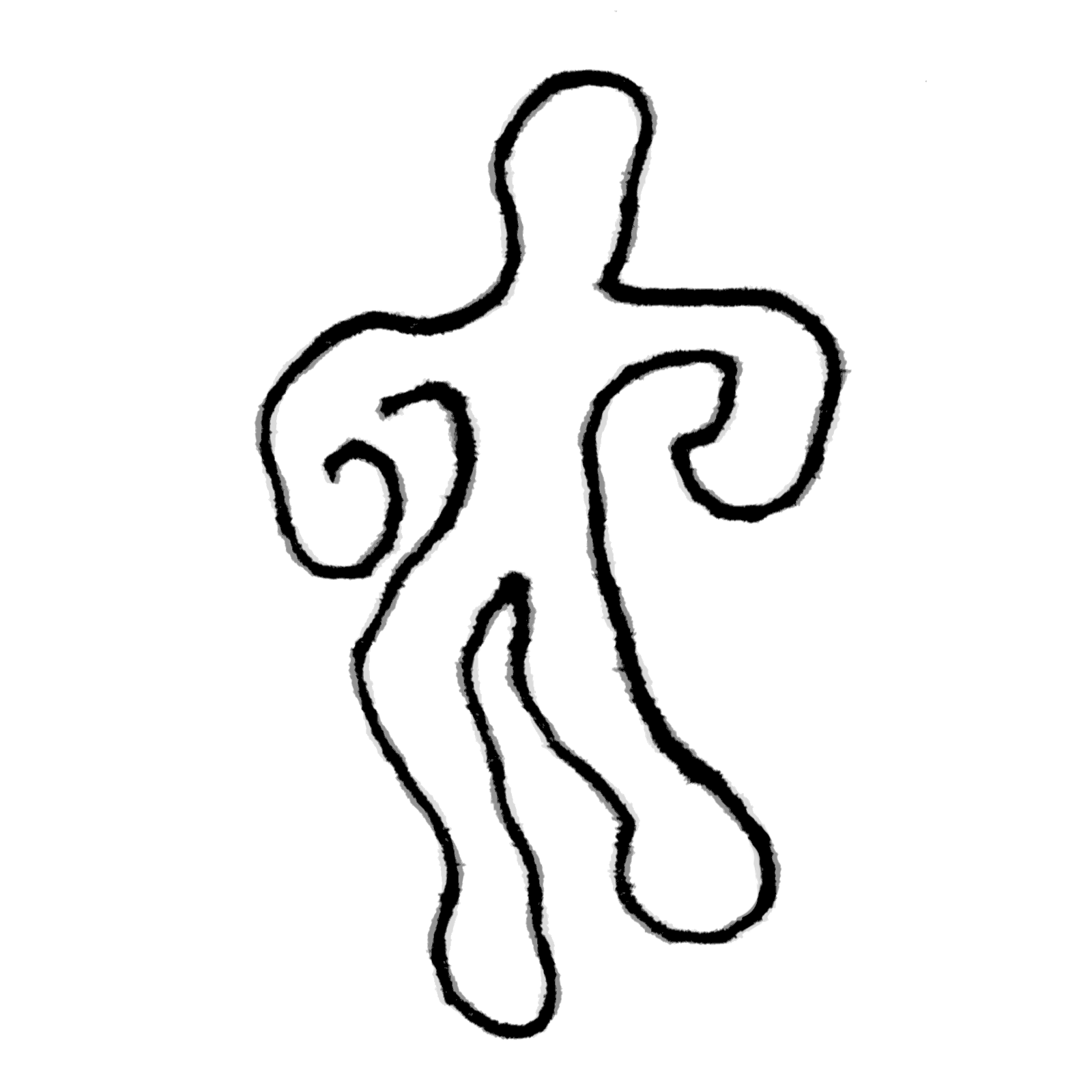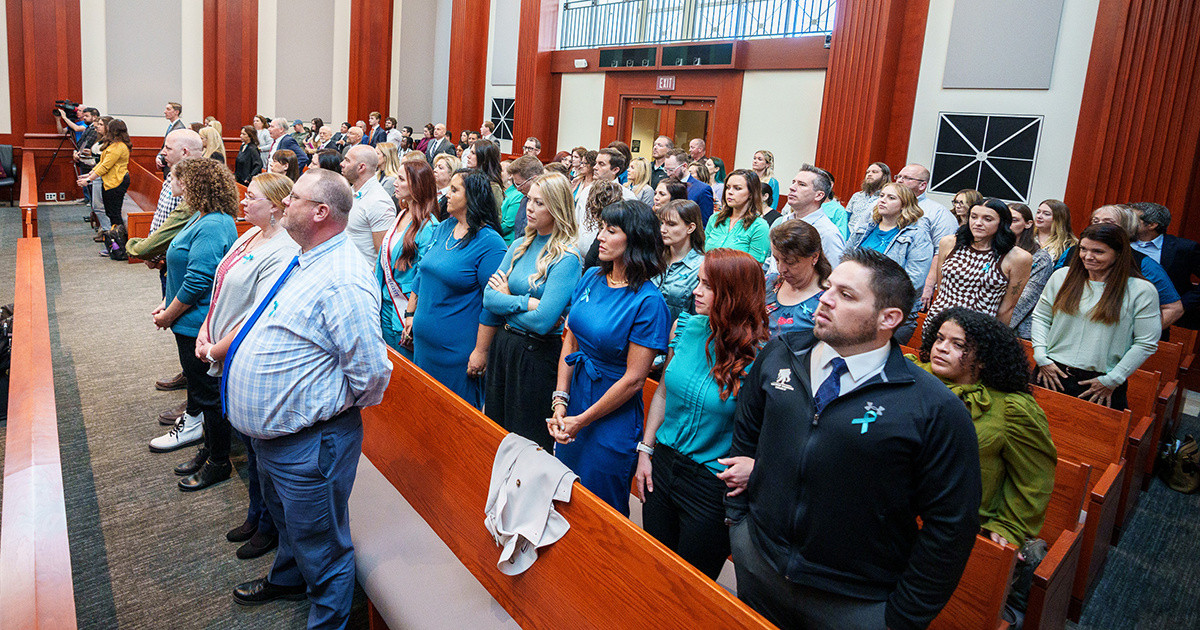- 3 Posts
- 30 Comments

 1·10 months ago
1·10 months agoAh yes, if you’ve ever had the problem of a game’s graphics not working properly but you can’t adjust the graphics because it requires you to launch the actual game and navigate the settings menu you will appreciate that. Most games store and read their settings in an external file and a launcher can provide a meaningful way to edit those. That being said there’s many launchers who actually don’t offer this feature and are just used to shove ads your way or track your behavior.

 3·1 year ago
3·1 year agoSure, for many things there’s a deluxe version (clothing, cars, food, housing) but they tend to be physical. Since media is largely digital these days and has fantastic marginal distribution costs the rich consume the same stuff when it comes to popular media. Ie there isn’t an alternate Hollywood studio just for the rich, itunes doesn’t have a separate server, the new york times website is the same for all, etc.

 49·1 year ago
49·1 year agoJust ask the parents what (s)he likes.

 4·1 year ago
4·1 year agoThis is true for serial killers in general though. Murders tend to be premeditated. If you are planning a murder you’ll look for ways to maximize your success and minimize the chance of getting caught. In modern times you don’t have to rely on pure strength; there’s a plethora of workarounds from drugs to guns. The actual desire to end a human life (usual enabled by some form of psychopathy) is the limiting factor. A serial killer personality type doesn’t throw the towel just because they are physically weak.
Guess what I’m saying is: there isn’t a large contingent of women out there that would suddenly turn serial killers if they were to physically become stronger.

 5·1 year ago
5·1 year agoIt’s true but the title doesn’t seem onion-y to me.

 25·1 year ago
25·1 year agoFor gluten free products: the whole production chain needs to use different tools or be sealed off from the rest. You can generally use the same mill, kneader, oven, tray for barley, wheat, rye, etc without meticulous cleaning in between. But if you want it to be gluten free you now need to either do that expensive cleaning or more realistically have an entirely separate set of machinery and ensure it never gets in contact with your main line.

 16·1 year ago
16·1 year agoHere in Germany it has been revealed that the church set up a whole network shuffling around offenders (or sending them away to south america) and muddling traces. It’s even been shown that the former pope knew about such cases. It’s systemic.
Basically it’s a combination of supposed moral authority, intransparency, and mutual cover ups. People are willing to look the other way a lot when they perceive of someone as having a higher mission or great social standing. That includes law enforcement. Think of Donald Trump who’s a fraudster-racist-rapist-insurrectionist and yet the MAGA crowd loves him. Maybe celibacy plays into it as well, sexual urges don’t stop just because you don a robe.
Younger people are less and less religious with each generation. So at least from that angle the problem might eventually go away.

 8·1 year ago
8·1 year agoIceland’s president holds a largely ceremonial position in the parliamentary republic, acting as a guarantor of the constitution and national unity.
That’s why.

 1·1 year ago
1·1 year agoPretty much. I keep a sheet of aluminum ready to put on top in case the outside is getting too crisp while the inside still needs more time.

 17·2 years ago
17·2 years agoYeah the locker/towel thing would be a habit especially if you don’t actively think about it.
You may not have a strong daily routine but all humans have habits and it’s precisely because you don’t actively think about them a lot that it’s can be hard to become cognizant of them.
They also include behavioral preferences such as scratching your chin with your right hand when lost in thought 🤔, calling your girlfriend ‘honey’ frequently, consuming certain foods/beverages more than others, separating the trash, opening up social Media on your smart phone when bored, or taking your jacket with you when you go outside.
Those are not the same for everyone but everyone has them useless maybe some severe medical condition is present.

 17·2 years ago
17·2 years agoTacking on: as far as translation of ancient texts is concerned there is also a selection bias. It is far more likely that an important formal document endured the times than some every day scribble. Of course a political treaty is crafted, conserved and replicated more carefully than a note someone left for their neighbor. Both the skill of writing and the materials required were much rarer and access more prevalent among the upper classes. Finally important formal documents are more likely to be translated precisely because they are important. Imagine that in 2000 years from now you would be one of the few scholars capable of translating English. You would be much more to likely to study and translate the declaration of independence than some mundane Twitter post.

 1·2 years ago
1·2 years agoThat’s my point though: to me buying new garments just because they aren’t as white as they used to be is both economically and ecologically wasteful. Ideally you just adjust your sensibilities or else purchase colors, fabrics, patterns less affected by tinging.
I have to admit though I’m looking at this from my own biased perspective of a single household though. I do basic separation of light, dark and hygienic (anything that needs high temperatures to kill germs) but also spontaneous mixed loads depending on what’s in the laundry bin and what I need soon. If you’re in a big household you can actually do real nice sorting like all the reds together, all the sports wear together, all the rags and towels, etc.

 1·2 years ago
1·2 years agoIt’s also that the natural resting position of our eye lids when fully relaxed isn’t fully shut (that requires muscle power). Rather the relaxed state is almost-but-not-fully shut which let’s in more light than expected.

 1·2 years ago
1·2 years agoHonestly I’m more in the “buy durable fabrics and treat them well but if they acquire a tint or lose color over time so what” camp. Good linen shirts for instance will still look great after a long time, never mind any fading. For some stuff it can even enhance the optics like the famed worn out jeans look.

 31·2 years ago
31·2 years agoDunno about the bleach part, that might be in some as well, but typically white fabric detergent contains optical brightener that counters the typical yellow tint of worn garments by emitting extra blue light (and your eyes perceive the full presence of the spectrum as white). That’s also why this whitening effect will fade off if you then use detergent that doesn’t contain brighteners: you are washing out those blue light particles once again.

 1·2 years ago
1·2 years agoI haven’t seen an app that does it really well like some libraries or ontologies do but I’m certainly not well versed with all of them. Back in the day I used Evernote which was at least a start, as you could create arbitrary hierarchies (nest tags within tags).
So ideally you would want to be able to nest tags like this:
news.politics.europe.denmarkof course another person might prefer the hierarchy
politics.elections.news.denmarkThere’s no strict right or wrong here but often over time some consensus forms. Bonus points if there are equivalency classes, ie “recipe”, “recipes”, “cooking recipe”, and even the Spanish versions “receta” and “recetas” all refer to the same thing.
By meta tags I mean the ability to describe and classify certain tag groups. For instance “politics”, “cats” and “Hollywood” are content tags while the tags “English”, “Danish” and “French” are language tags. “PDF”, “MP3” and “HTML” are file format tags but “video”, “music” and “text” are content form tags while “2023”, “2004-04-03” are time-line tags
Meta categories allow you for instance to search for pages that are about the English language, but not necessarily in English and surely not written by people who happen to have the last name ‘English’. Now some systems encode this information inside the string of the tag itself like so: “language = English” or “topic = cats”, but I think the most elegant solution is really to let a tag have categories or tags on its own which describe what it’s used for (thus meta tags).

 5·2 years ago
5·2 years agoThe current demo is quite limited. I hope they add (nested) tags and meta tags at least.

 3·2 years ago
3·2 years agoSure they are not strictly necessary, but nice to have. It’s like how we capitalizing the first word of every sentence in English. Really helps guide the eye.

 16·2 years ago
16·2 years agoThe ¿ and ¡ prepare the reader mentally for what’s coming and let the speaker adapt pronunciation.
Consider the following 2 sentences in English:
It’s raining.
and
It’s raining?
Meaning and intonation are different. Luckily our eyes don’t read strictly in one direction like a scanner but instead they skip back and forth a lot (saccades) which means your brain registers the question mark even before you get to pronounce the first word. Still it’s helpful to have an extra signal at the start of the sentence.
So why no extra dot at the beginning? Because it’s the default case. And since the function of the dot is to separate sentences a single one already does the job. Note how there is also no double period when a sentence ends with an abbreviation or abbr. And in headers it’s often fully omitted because the layout itself signals the separation from what precedes or follows.



Feeling confused, amused, bewildered or overwhelmed yet? It’s working then, it’s the Trump team’s strategy.